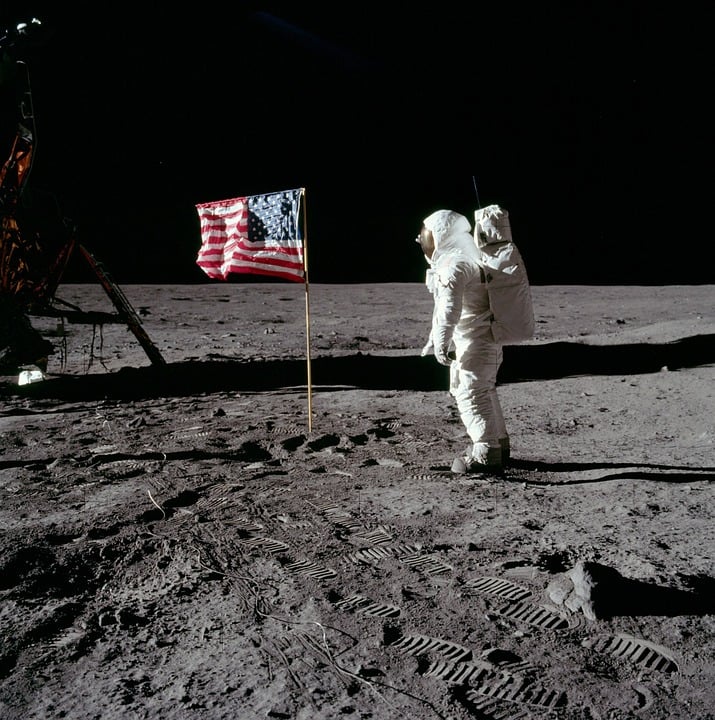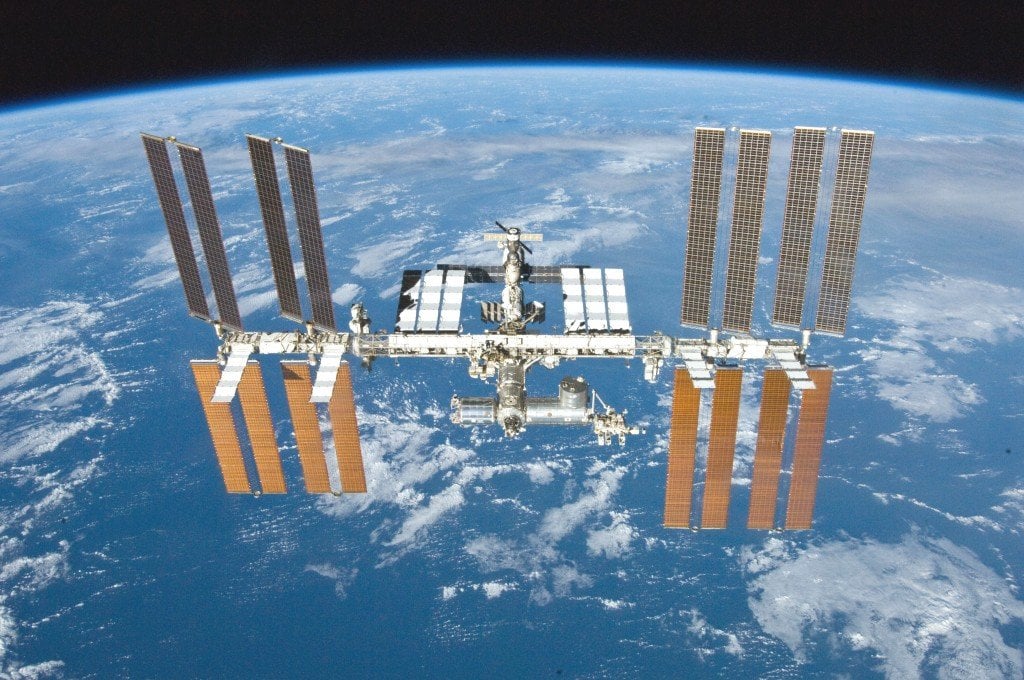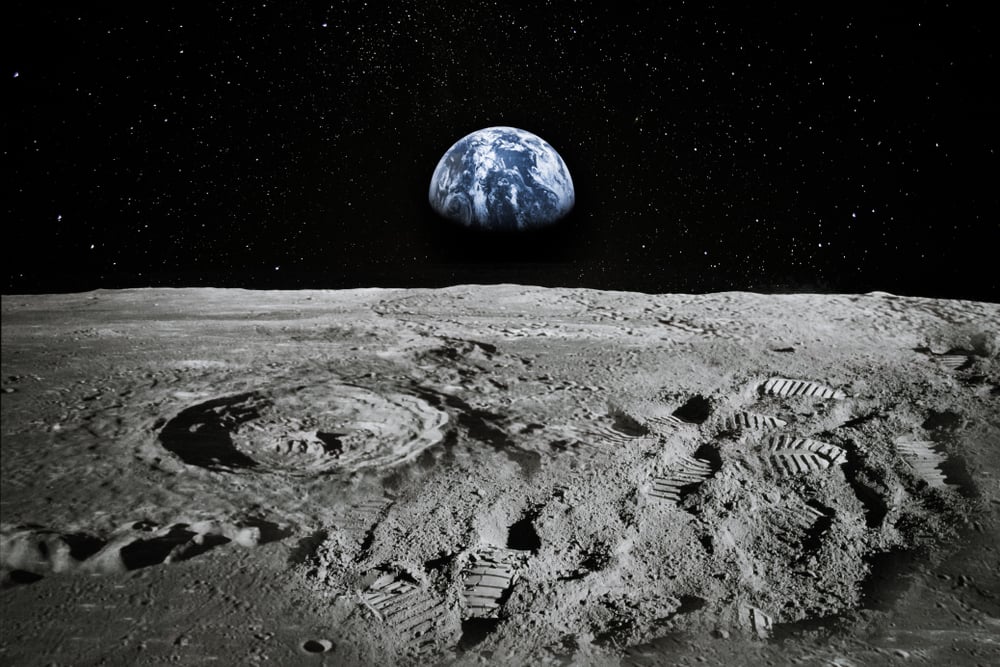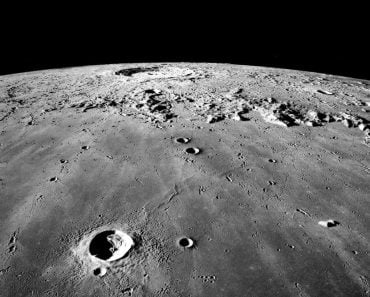Table of Contents (click to expand)
One of the most compelling reasons for building a lunar base station is that it will serve as a practice ground or staging area for our bigger ambitions, such as colonizing Mars and beyond.
It’s been five decades since we reached one of mankind’s greatest achievements—landing on the moon. Apollo programs of the 1960s and 1970s have catapulted us from being an Earth-bound species to one that had strolled on the pockmarked surface of our closest celestial neighbor.

When Neil Armstrong and Buzz Aldrin became the first people to walk on the moon in 1969, people hoped that bigger things would happen in future space missions. Unfortunately, since the Apollo 17 mission of the 1970s, no human has walked on the moon again, nor any other planet for that matter. Since then, the moon has occasionally been explored by robotic probes bereft of humans. In fact, in the last five decades, astronauts have traveled only 200-300 miles above the Earth’s surface to the International Space Station (ISS)!

Recommended Video for you:
Mars Vs Moon
There has been a lot of talk recently about Mars missions and how we can colonize or terraform the red planet. However, given the logistical challenges associated with such an endeavor, we’re still probably a few decades away from colonizing Mars. What’s easier is to set foot again on the moon, and not just for a short excursion this time. Rather, we should aim for a lunar base where astronauts can live and work for weeks and months at a time, if not years!
Now, you may ask why we would even think of setting up a lunar base… but before that, we should clearly understand what a lunar base station would actually be. By lunar base, I do not mean a bustling metropolis brimming with human establishments. A lunar base would be a simple outpost with a lab, where scientists would be able to work for long periods of time—perhaps for several months—just like they do on the ISS.
Why Should We Establish A Base Station On The Moon?
One of the most compelling reasons for establishing a lunar base station is that it will serve as a practice ground and staging area for our bigger ambitions, such as colonizing Mars and beyond.
Proximity To Earth
On average, the moon is 384,000 kilometers away from Earth. Therefore, the moon offers the closest opportunity to establish a base station for launching other space missions.
Apollo missions allowed humans to reach the moon in just three days. On the other hand, reaching Mars would take a couple months. The short travel time to the moon would make it possible to quickly deploy rescue missions from Earth in case things went wrong.

Near Real-time Communication
To communicate with astronauts, we rely on telecommunication signals. These telecommunication signals are electromagnetic waves traveling at the speed of light (approximately 300,000 km/second). Roughly, it would take 1.3 seconds for a telecommunication signal to reach Earth from the moon. This lag seems completely fine, as compared to communicating with astronauts on Mars. On Mars, it would take anywhere from 5 to 20 minutes. A delay of only a second or two would make it possible to have regular audio or video communication with astronauts on the moon almost in real time.
To Understand How The Human Body Copes In The Environment Of Space
As a species, if we aspire to live in the cosmos beyond Earth, we can consider the moon as our first stepping stone. Going to the moon and staying there for a prolonged period of time would prepare us for living on other planets like Mars. Living on the moon for a long stretch would help us understand how our bodies behave and react in lower gravity. We could better understand how living on an alien body like the moon affects our health, sleep, and psychology. Living on a lunar base would also give us clues about how well humans could cope on a foreign celestial body with a negligible atmosphere and more dramatic temperature fluctuations.
A lunar base station could also serve as a great site for astronomical observation. As the rotation of the moon around its axis is slow, observations in the sunlight would last for several (Earth) days.
The question is, are we seriously considering the idea of establishing a lunar base station? The short answer is YES! One of the most anticipated missions that will take us back to the moon is NASA’s Artemis mission.
NASA’s Lunar mission–Artemis
In 2019, NASA announced an ambitious lunar project called Artemis. One of the longer-term goals of this mission is to establish a lunar base. NASA has chalked out the plans to send humans to the moon by 2024, including the first-ever woman on the moon.
Apollo lunar missions of the 1960s were brief missions. Those missions were more to demonstrate the technological capabilities we had achieved. Artemis’s mission of the twenty-first century, on the other hand, would be more elaborate. NASA is planning to have astronauts stay on the moon for a stretch of several weeks.
NASA has highlighted that one of the aims of the Artemis mission is to turn the moon into a staging area for more ambitious missions, like Martian colonization. In monetary terms, it is much cheaper to send astronauts to the moon than to Mars.
Gateway To The Cosmos
The most distinctive feature of the Artemis mission is the launch of a Gateway. Think of Gateway as an intermediary platform for astronauts going to and from the moon. It will be an orbiting outpost around the moon that would take care of resupplying the lunar base on the surface with food, fuel, and other needed materials to stay on the moon’s surface for longer stretches of time. Another beauty of this Gateway is that it could be positioned in way that would make it possible to launch even deeper space missions from the Gateway!
A Global Race For The Lunar Base
The United States (US) is not alone in the quest to establish a base station on the moon. Even China, through its space agency, CSNA (China National Space Administration), is planning to build a lunar outpost within a decade. Similarly, space agencies in India, Japan, Russia, and Canada have lunar missions lined up for the future.
The moon, which has been illuminating our world every night for millions of years, will soon serve as a launching pad for our future space missions. It will also prepare us to survive, and perhaps thrive on other unexplored planets of our solar system!
References (click to expand)
- H Deiss. The First Person on the Moon - NASA. The National Aeronautics and Space Administration
- (1985) Lunar Bases: A Post-Apollo Evaluation - NASA/ADS. The SAO/NASA Astrophysics Data System
- By the Numbers | Earth's Moon - NASA Solar System Exploration. The National Aeronautics and Space Administration
- NASA Artemis. The National Aeronautics and Space Administration













